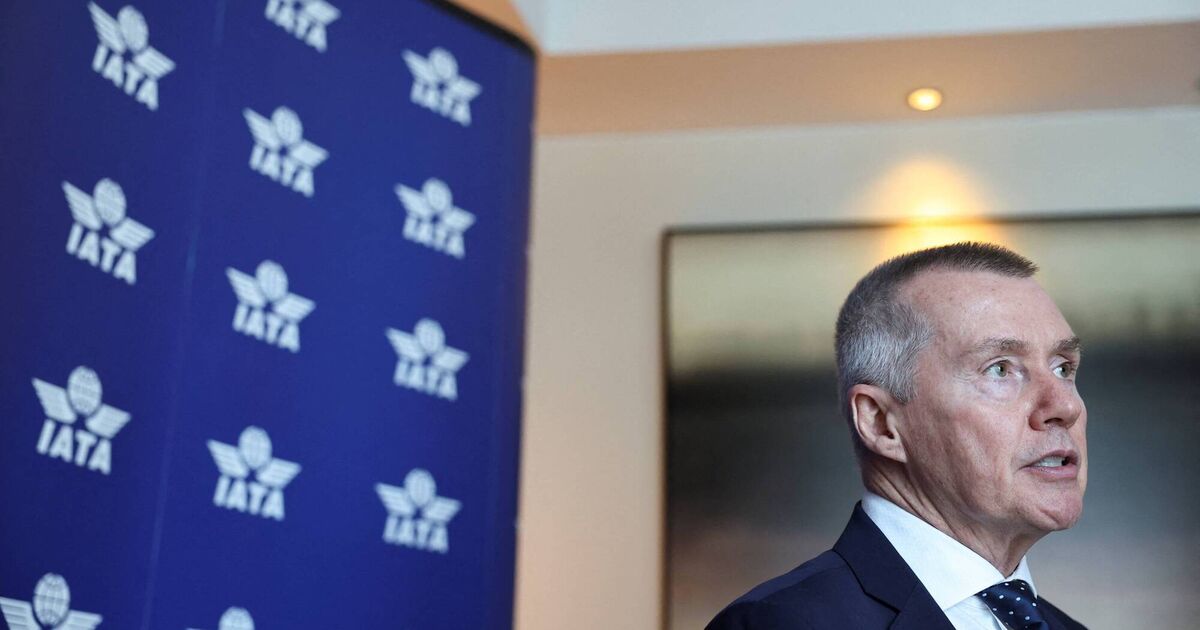The United Nations should not change a convention on how global airlines are taxed, the International Air Transport Association (IATA) said, cautioning doing so would add complexity and cost, and might cause routes to be scrapped.
A UN committee on tax is considering taxing airlines in the countries where they generate revenue, rather than the current system, which taxes airlines where they are headquartered.
Some countries proposed that change — to “source-based” rather than “exclusive residence-based” taxation — out of concern developing countries do not sufficiently benefit from revenue created by air travel and shipping in their territories.
“The proposals would be incredibly complex, would not necessarily lead to taxes in the developing countries that have been highlighted, because the complexity associated with the tax environment may well lead to airlines stopping services to those areas,” IATA director general and former Aer Lingus CEO Willie Walsh told an annual gathering of the industry body on Monday, which represents more than 80% of global air traffic.
“Only the battalions of accountants needed to manage the reporting mess will be happy if the change is made,” Mr Walsh said.
The UN Committee of Experts on International Cooperation in Tax Matters has been discussing potential changes to Article 8 of the United Nations Model Double Taxation Convention between Developed and Developing Countries, most recently at a session in March.
“The move is provoked by frustration with how shipping, not aviation, uses flags of convenience to find friendly tax regimes … That is no reason to change the efficient way aviation pays its corporate taxes,” Mr Walsh said.
IATA has said a provision for exclusive residence state taxation of income from international traffic is vital to the airline industry to mitigate compliance burdens and risks of multiple taxation.
Airline margins remain “wafer thin — we’re still looking at a margin of just over 3%”, Walsh told airlines.
“Relief from the parade of onerous regulation and ever-increasing tax proposals” would help airlines improve profitability, he added

